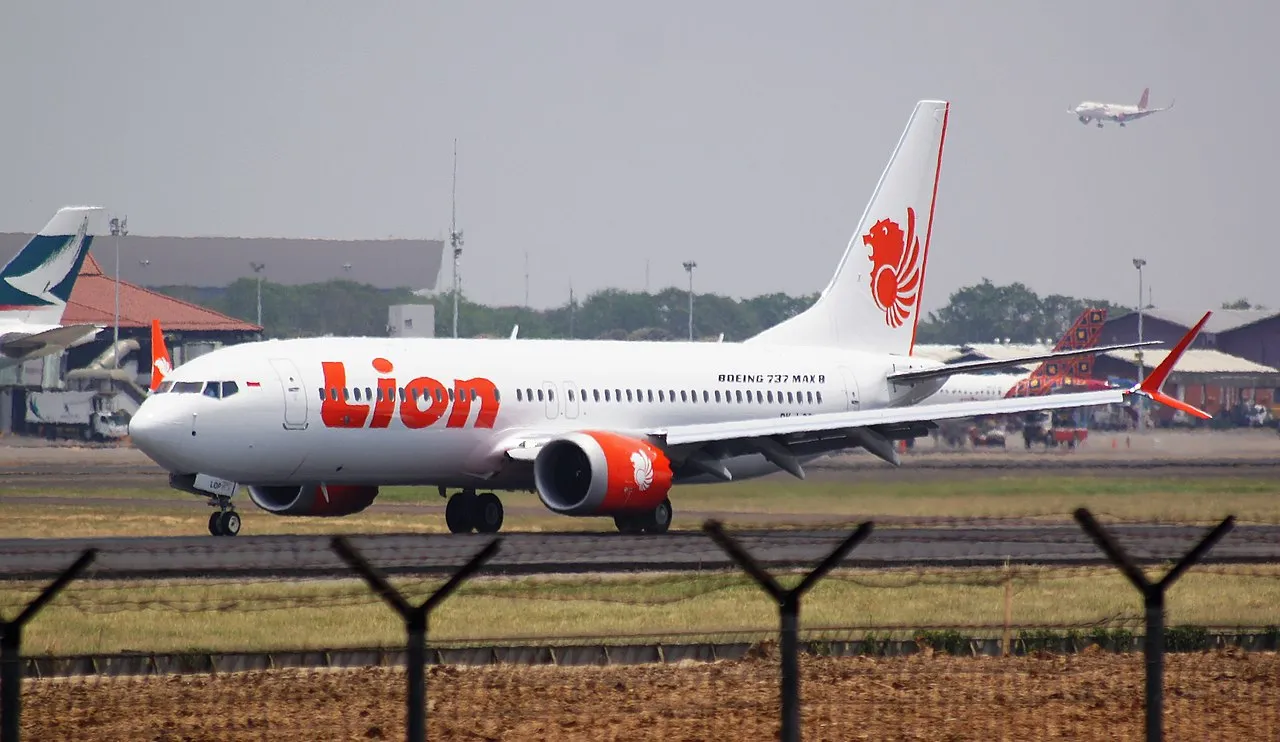
FAA pulls certification of Lion jet sensor overhaul company
Oct 27, 2019

The Federal Aviation Administration has revoked the certification of a company specializing in the overhaul of sensors for Lion Air jets. This decision stems from concerns about the company’s compliance with safety regulations and maintenance standards essential for aircraft operations. The FAA's action raises significant implications for Lion Air's fleet management and safety protocols, highlighting the ongoing scrutiny of aviation service providers. As the aviation industry prioritizes safety, the revocation underscores the importance of rigorous oversight and adherence to established guidelines. The company faces challenges in regaining its certification, which could impact its future operations and partnerships within the aviation sector.
Overview of the FAA's Decision
The Federal Aviation Administration (FAA) recently made headlines by pulling the certification of a company responsible for overhauling jet sensors for Lion Air. This decision comes amid rising concerns about safety and the reliability of aircraft components, especially in the wake of past incidents involving the airline. The FAA's action serves as a reminder of the regulatory body's commitment to maintaining high safety standards in the aviation industry.
Key Reasons Behind the FAA's Action
The FAA's decision was influenced by several critical factors. One of the primary reasons is the failure of the company to adhere to established maintenance and quality control protocols. Inspections revealed discrepancies in their overhaul processes, raising alarms about the potential risks associated with malfunctioning parts.
Moreover, the FAA emphasized that the integrity of aircraft sensors is vital for the safe operation of flights. A malfunctioning sensor can lead to catastrophic outcomes, making it imperative for overhaul companies to meet stringent guidelines. The FAA aims to ensure that all components used in commercial aviation are thoroughly vetted and reliable.
Impact on Lion Air and Other Airlines
The revocation of the certification has significant implications for Lion Air, which relies on the overhaul services provided by the affected company. As a result, Lion Air may face delays in maintenance schedules and increased operational costs as they seek alternative providers.
This situation also raises questions for other airlines that utilize similar sensor overhaul services. They must now assess their own supplier relationships and ensure that their parts meet the FAA's rigorous standards. The need for transparency and reliability in aviation components has never been more critical.
Understanding Jet Sensor Overhaul Processes
Jet sensors play a crucial role in monitoring various parameters of an aircraft, including altitude, speed, and fuel levels. Overhauling these sensors is a complex process that involves disassembly, cleaning, testing, and reassembly. Any lapses in this process can jeopardize flight safety.
Below is a table outlining the typical steps involved in a jet sensor overhaul:
| Step | Description |
|---|---|
| Disassembly | Careful removal of the sensor from the aircraft to prevent damage. |
| Cleaning | Thorough cleaning of all components to remove debris and contaminants. |
| Testing | Functional testing to ensure the sensor operates within specified parameters. |
| Reassembly | Reassembly of the sensor, ensuring all components are correctly fitted. |
| Certification | Final checks and certification by an authorized entity before installation. |
Regulatory Framework and Compliance
The FAA operates within a strict regulatory framework designed to uphold aviation safety. Companies involved in the overhaul of aircraft components, such as sensors, must comply with Federal Aviation Regulations (FAR). These regulations outline the necessary standards for maintenance, repair, and alteration of aircraft parts.
Failure to comply can result in penalties, loss of certification, and, as seen in this case, revocation of operational authority. The FAA's enforcement actions are critical for maintaining trust and safety in the aviation sector.
Future Implications for the Aviation Industry
The FAA's decision to pull the certification of the Lion jet sensor overhaul company may serve as a wake-up call for the aviation industry. It emphasizes the need for rigorous quality control measures and the importance of selecting reliable suppliers. Airlines must prioritize safety and reliability in their operations to prevent incidents that could jeopardize passenger lives.
Conclusion
In conclusion, the FAA's action against the jet sensor overhaul company highlights the critical role of regulatory oversight in the aviation industry. As Lion Air and other airlines navigate this change, they must remain vigilant in ensuring the quality and safety of their aircraft components. The future of aviation relies on unwavering commitment to these principles, fostering a culture of safety that protects passengers and crews alike.
Related Articles

Explore Thailand: The Best Islands to Visit for Paradise, Adventure, and Relaxation

The Ultimate Guide to the Best Islands in Thailand for Your Next Getaway

Do babies need passports? How to get a passport for a newborn

How to get a U.S. passport fast: here’s how to expedite the process

What is Mobile Passport Control: 5 reasons why you should use it

SENTRI vs. Global Entry: A detailed guide

Do you need a passport to go to the Bahamas? Let’s find out

Do you need a passport to go to Mexico? A detailed guide

Do you need a passport to go to Canada? We got the answer

Do You Need a Passport for a Cruise: An Essential Travel Guide

Booster Seat Requirements: All the Rules to Follow in Your Rental Car

What Are the World’s Most Powerful Passports, and How Does Yours Rank?

How to Take a Passport Photo at Home: A Helpful Guide

You've got to have heart! Southwest's new livery

Your opinion: Should water be free on low cost carriers?

Young women bolder than guys as solo travellers
